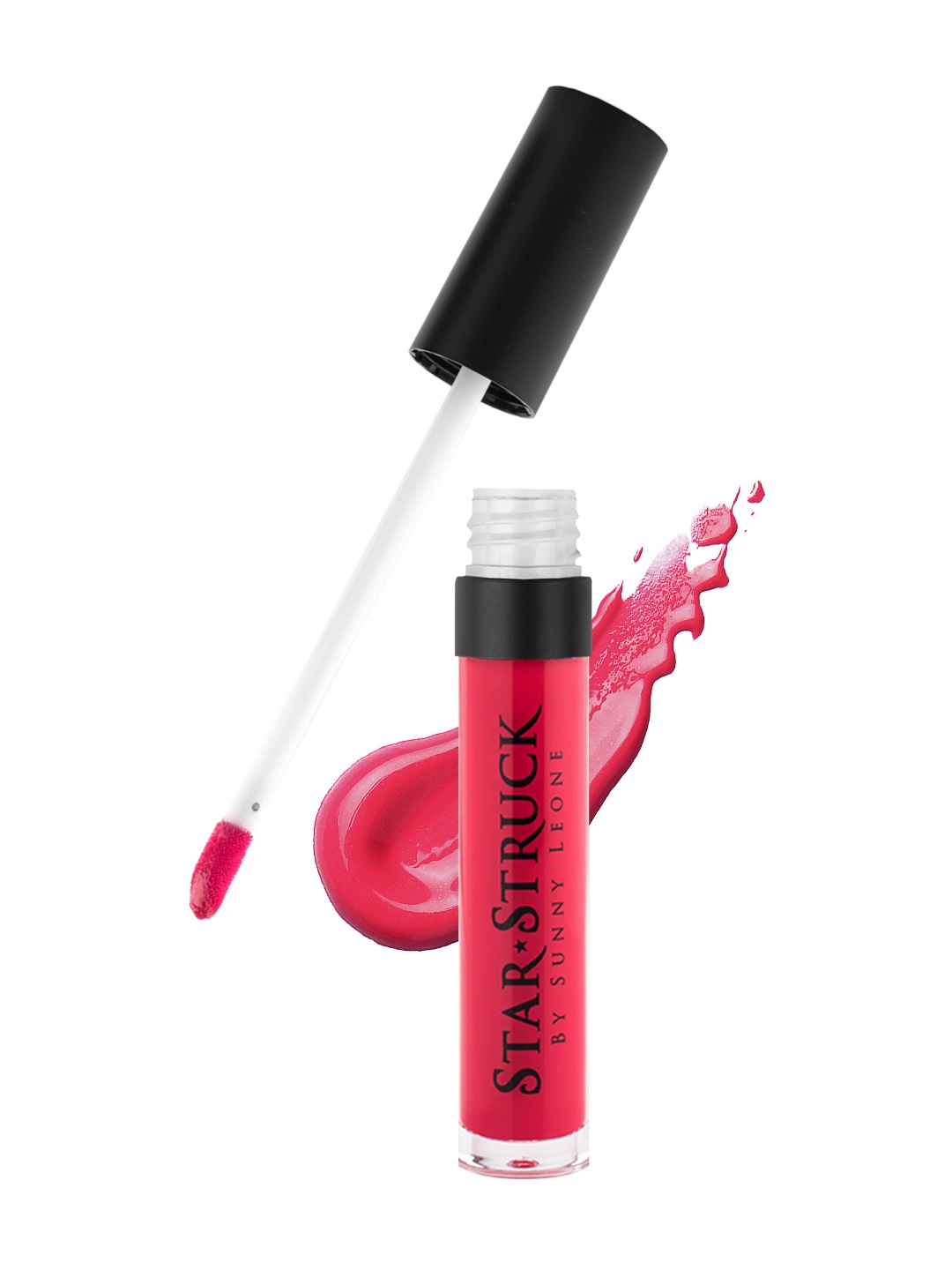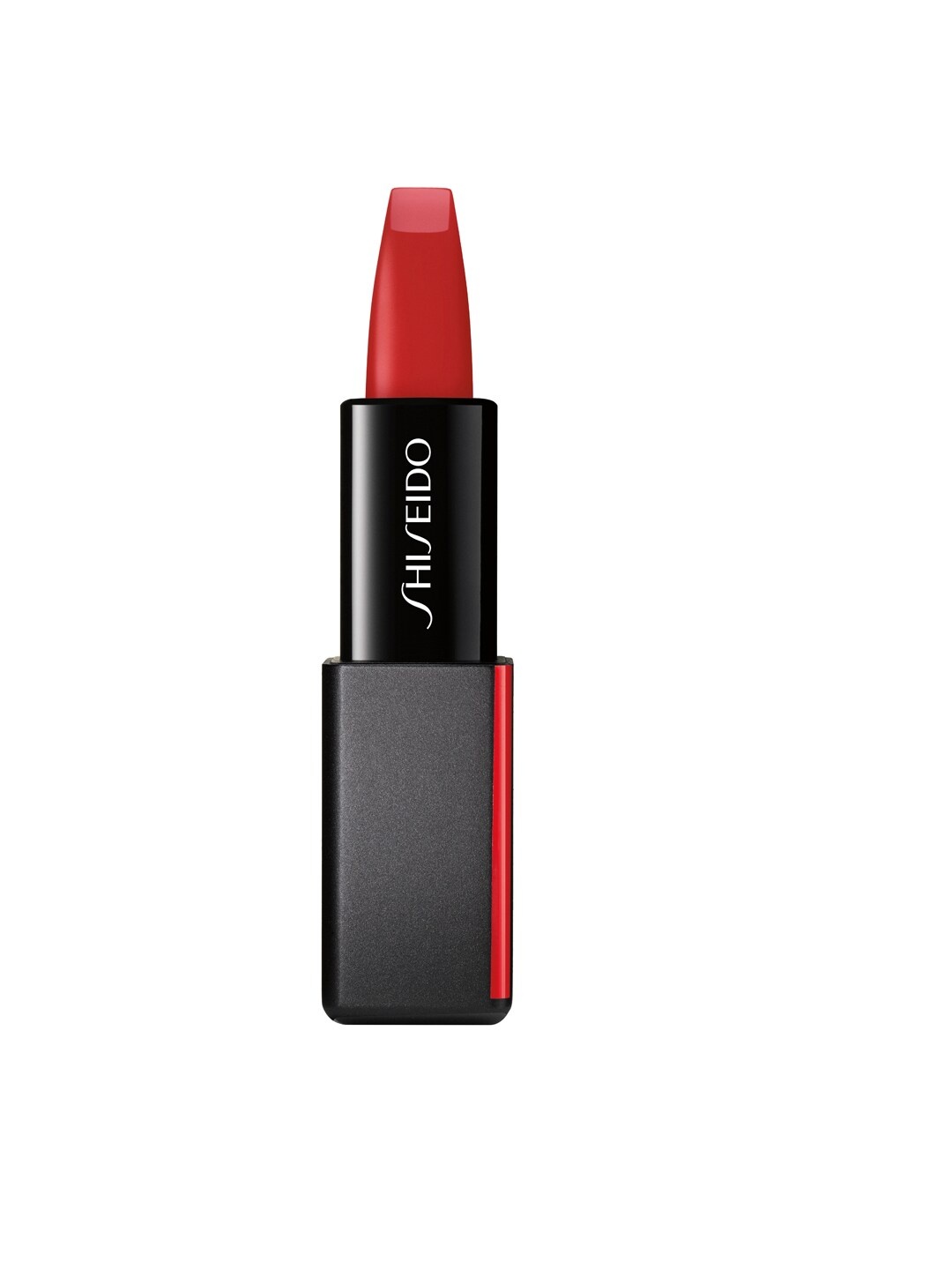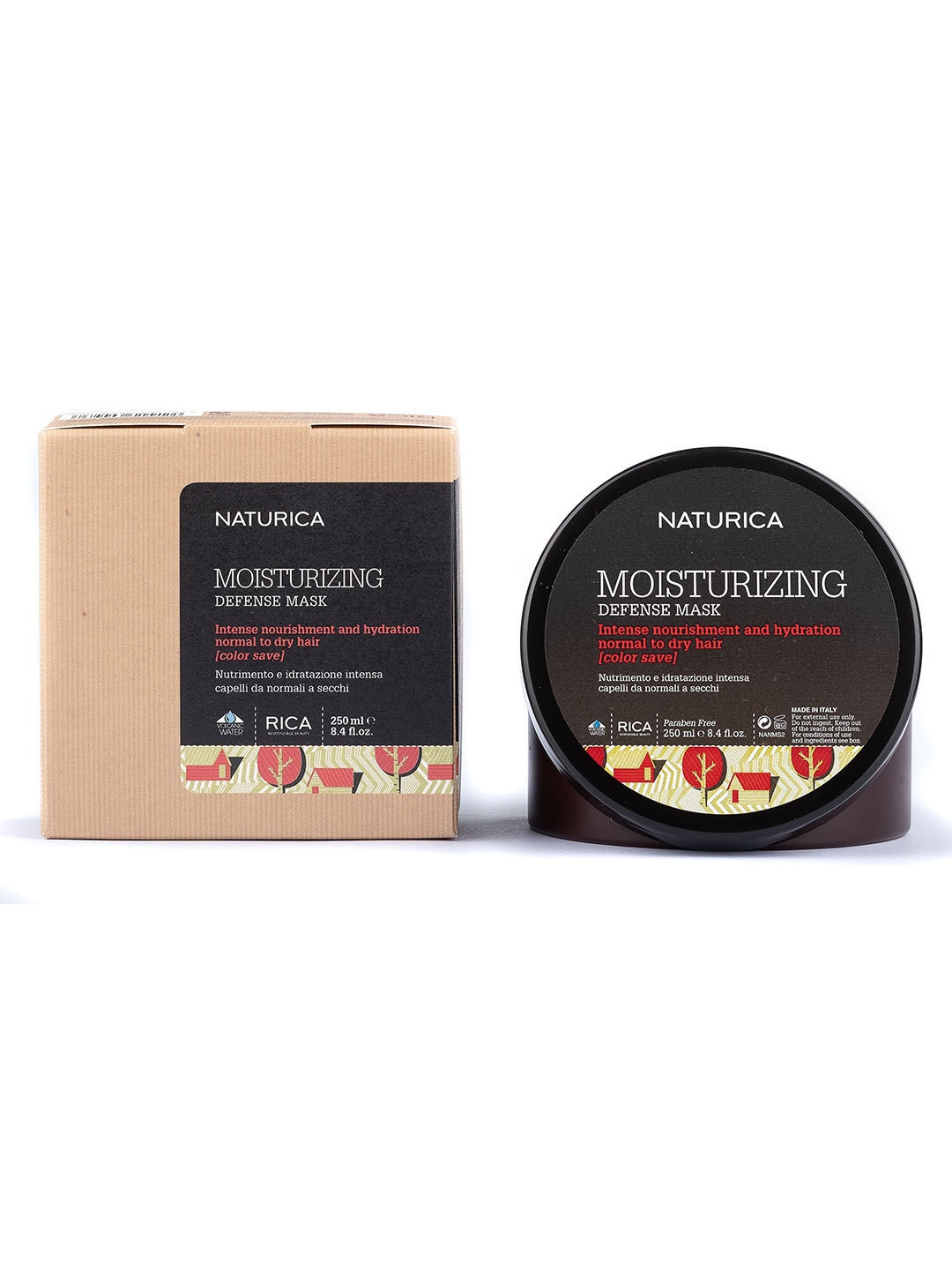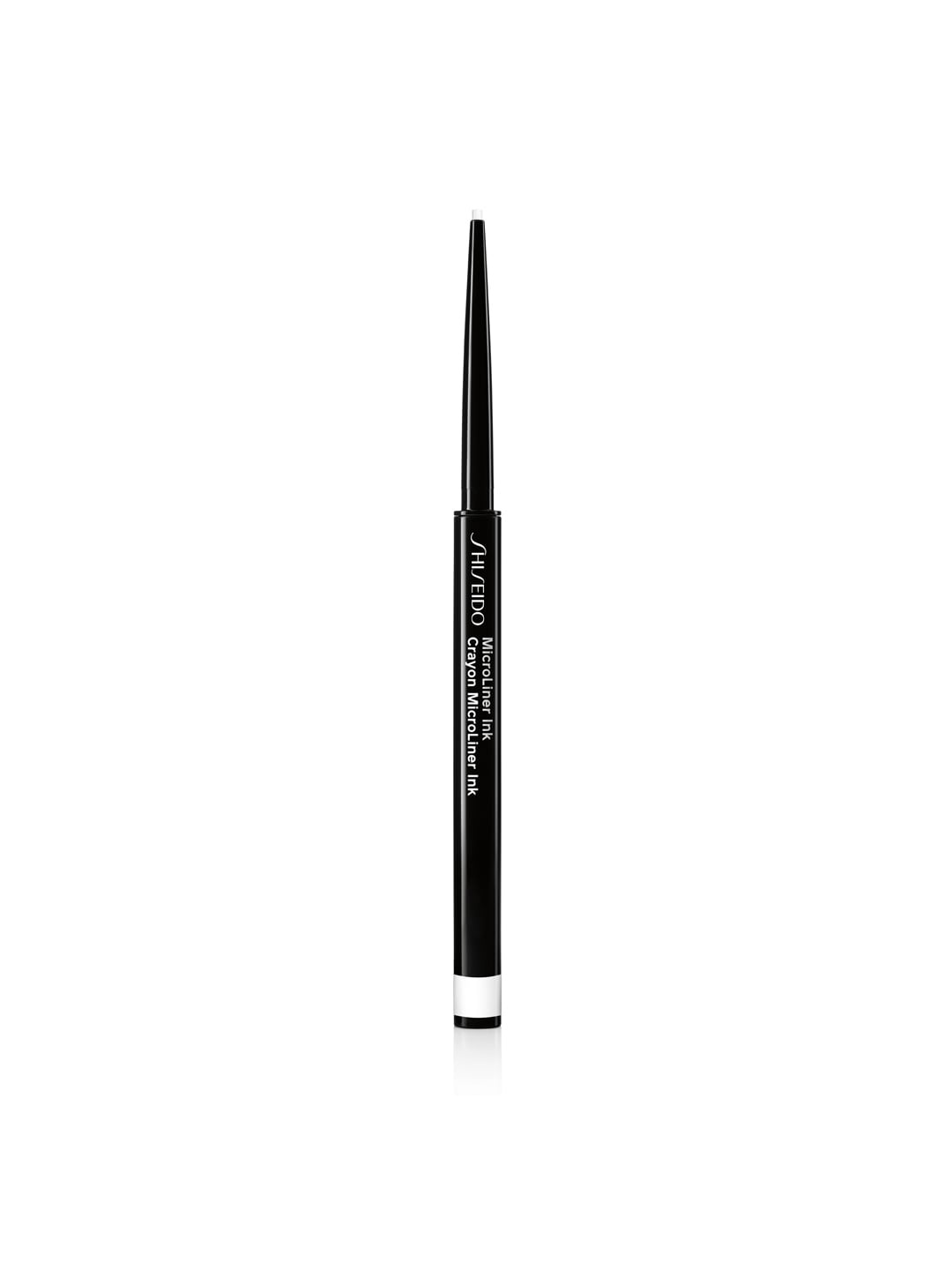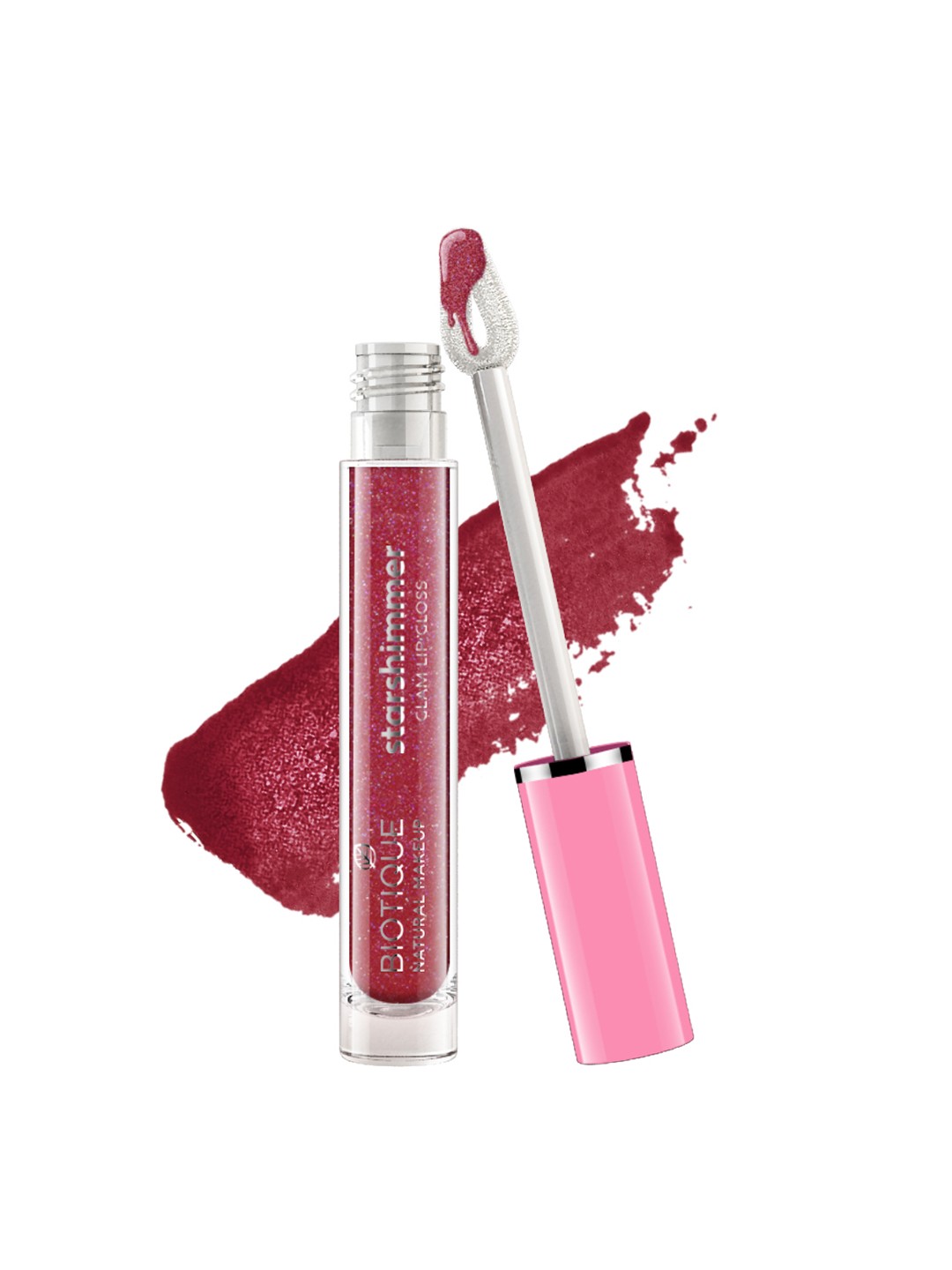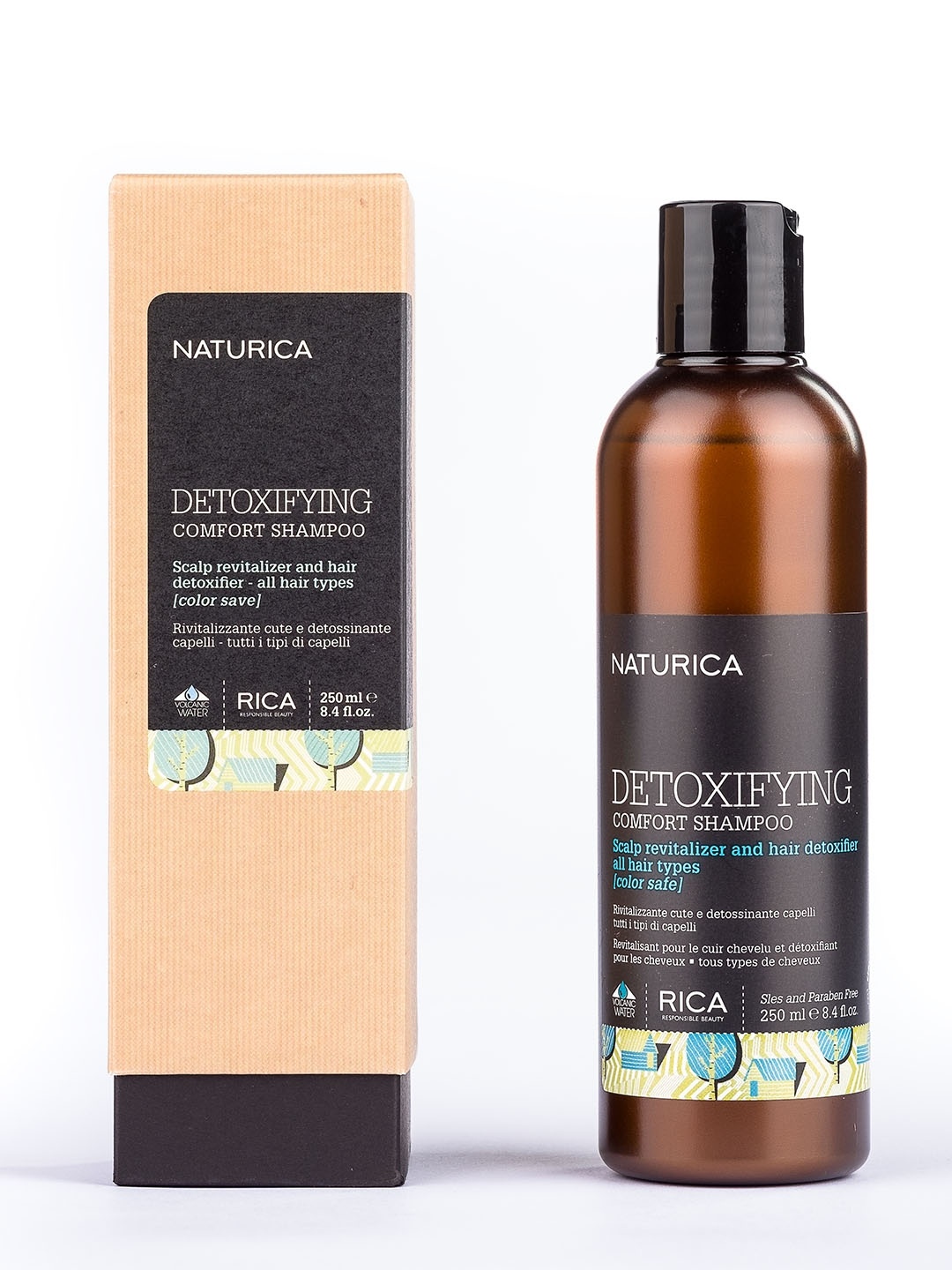Electric Toothbrush or Manual, Which Brush Is Better For Your Teeth
The humble toothbrush, a daily companion that sits patiently by the sink, waiting for those precious two minutes of fame. Here is a comprehensive comparison of electric toothbrushes and manual ones to help you take better care of your teeth.

Looking For A Brush? Is an Electric Toothbrush or Manual a Better Investment? Find Out.
Morning routines are sacred. For some, it's the first sip of chai. For others, it's the blissful quiet before the day's chaos begins. But one ritual unites almost everyone, brushing teeth.
Once upon a time, there was only one option: the trusty manual toothbrush. Affordable, easy to carry, and available in every corner shop from Mumbai to Munnar. Then came the electric toothbrush, promising a spa-like experience for your mouth, with vibrations, timers, and even smartphone apps to track your brushing habits.
The question is: does all that technology clean better, or is it just a gimmick? To settle this once and for all, let's look at both side by side, breaking down not just the science, but also the everyday experience. Here is a comprehensive comparison of electric toothbrushes and manual ones to help you take better care of your teeth.

Electric Toothbrush or Manual: Which One Wins for a Brighter Smile? Check It All Out Here; Photo Credit: Pinterest
1. Cleaning Efficiency
Manual toothbrushes rely on your hand movement, technique, and consistency. If you're diligent with your strokes, angling the bristles just right and covering every tooth surface, they can clean remarkably well. The challenge? Many people rush through brushing, a few random scrubs and are done.
Electric toothbrushes, however, handle much of the movement for you. Oscillating heads, sonic vibrations, and consistent pressure mean you're less likely to miss spots. Many have built-in timers, making it harder to cheat those two recommended minutes.
Studies have shown electric brushes can reduce plaque more effectively over time. Still, that doesn't mean manual brushes are poor performers. Think of it like driving: a manual car gets you there if you know how to drive well, but an automatic makes the journey easier and smoother.
For those with limited dexterity, say, elderly people or those recovering from illness, electric brushes can make cleaning significantly easier without compromising results.
2. Cost Factor
Manual brushes are unbeatable in price. A decent one costs ₹20–₹80, and even branded ones with fancy rubber grips rarely cross ₹150. Replace them every 3–4 months and you're still spending less than the price of a weekend takeaway.
Electric brushes, on the other hand, are a bigger investment. Even basic battery-powered versions start around ₹500–₹1,000, while high-end rechargeable models can go well above ₹5,000. Add to that the cost of replacement heads (₹200–₹500 each), and it's clear that electric brushing is not exactly pocket-change territory.
For students, large families, or anyone watching their monthly budget, the affordability of manual brushes is hard to ignore. That said, some argue the long-term dental benefits of better plaque removal might save on dental bills, but that's a bit like paying for a gym membership hoping you'll never need a doctor. The return depends on how well you use it.
3. Ease Of Use
Manual brushing requires proper wrist action, angling, and gentle pressure. Over-scrubbing can damage enamel and gums. It's easy to do it wrong without even realising.
Electric brushes simplify the process. Most require only that you guide the head from tooth to tooth, letting the bristles do the hard work. This can be a relief for those who struggle with technique or have limited hand mobility.
However, electric brushes need charging or battery replacements. Imagine rushing to work in the morning only to find your brush is out of juice; that's not the kind of ‘fresh start' anyone wants. Manual brushes? Always ready, no plug points required.
4. Gum Health
Healthy gums are as important as clean teeth. Manual brushes can be gentle, but in the hands of an over-enthusiastic brusher, they can be too harsh, leading to gum recession or bleeding.
Electric toothbrushes often have pressure sensors that alert you when you're brushing too hard, a handy feature for protecting gums. The consistent movement can also improve gum stimulation, promoting blood circulation.
Still, gum health isn't determined solely by the type of brush. Proper brushing technique, flossing, and regular dental check-ups matter more. A soft-bristled manual brush, used correctly, can be just as gum-friendly as the latest electric model.
Also Read: Why Power Toothbrushes Are More Effective Than Manual And How To Pick The Best On Amazon
5. Availability and Accessibility
Walk into any chemist, supermarket, or even a roadside general store, and you'll find manual brushes in abundance. Rural areas, small towns, or remote villages? Same story.
Electric toothbrushes are easier to find in urban markets or online. They're slowly becoming more available in mid-sized towns, but replacement heads can be tricky to source unless you order them.
So while electric brushes are catching up, manual brushes still win in terms of sheer accessibility, especially when travelling. Forget your brush in a hotel? You can grab a manual one from the nearest kirana shop in minutes.
6. Environmental Impact
Neither option is completely eco-friendly, but manual brushes (especially bamboo ones) are easier to recycle or compost. Plastic manual brushes still contribute to waste, but their overall material use is lower.
Electric brushes have plastic bodies, motors, and electronics that eventually become e-waste. Replacement heads also create waste, and batteries (if disposable) add to environmental concerns.
For eco-minded folks, bamboo manual brushes with compostable handles are the best bet. That said, some electric brush brands are moving towards recyclable heads and biodegradable packaging, though it's still a small part of the market.
7. Technology and Features
Manual brushes are straightforward: bristles, handle, maybe some ergonomic grip design. They rely entirely on you.
Electric brushes, meanwhile, come loaded with features: multiple brushing modes (whitening, sensitive, gum care), in-handle timers, pressure sensors, travel cases, even Bluetooth connectivity to apps that track your brushing pattern.
While some features genuinely help, others are more about novelty. A brush that connects to your phone to show you a 'smile score' may be fun, but whether it changes your oral health drastically is debatable. It's a bit like buying a fridge that sings, charming, but not essential.
8. Travel Friendliness
A manual brush wins here for sheer portability. Pop it in a pouch, no need for chargers, spare batteries, or fear of it breaking in transit. Even if you forget it somewhere, replacing it is quick and cheap.
Electric brushes take up more space, especially with chargers and cases. Battery-powered ones are lighter, but rechargeable models often need voltage adapters or USB charging. And if the brush dies mid-trip, you're left either hunting for a charger or buying a manual one anyway.
Frequent travellers might find a manual brush less hassle. Electric brush fans often keep a manual backup in their bag for emergencies.

Electric Toothbrush or Manual: A Head-to-Head Comparison for Gum Health; Photo Credit: Pexels
9. Learning Curve
There's almost no learning curve for manual brushing, most people master it as children. The real challenge is sticking to the right technique as adults.
Electric brushes, while easier in motion, do require a bit of adjustment at first. The buzzing sensation, the need to move slower and the habit of not scrubbing can take a few days to get used to.
However, once comfortable, many find electric brushing almost effortless. It becomes a set-and-guide process rather than a wrist workout.
10. Personal Experience and Preference
In the end, the 'better' brush often comes down to personal comfort. Some people love the quiet, familiar feel of a manual brush, finding it oddly therapeutic. Others swear by the squeaky-clean sensation after using an electric one.
Those with braces, dental implants, or certain medical conditions might find electric brushes more effective. For children, electric brushes can make brushing fun, turning it from a chore into a game.
Meanwhile, many still prefer the control and simplicity of a manual brush, no charging worries, no extra expense, and a sense of being in charge of their own brushing.
Products Related To This Article
1. AGARO COSMIC LITE Sonic Electric Tooth Brush For Adults With 5 Modes
2. Oral-B iO3 Ultimate Electric Toothbrush
3. Colgate Proclinical 500R Sensitive Rechargeable Sonic Toothbrush
4. Perfora PRO Oscillating Electric Toothbrush & Brush Head Combo
5. Philips Sonicare - 4100 Electric Toothbrush, Rechargeable Electric Toothbrush With Pressure Sensor
The debate between manual and electric toothbrushes isn't about declaring a universal winner. Both can clean teeth effectively when used correctly, and both have pros and cons depending on lifestyle, budget, and personal preference.
If you're meticulous, budget-conscious, and travel frequently, a manual brush may be perfect. If you want convenience, advanced features, and possibly better plaque control, an electric one might be worth the splurge.
At the end of the day, the best toothbrush is the one you'll use properly, twice a day, for two minutes, with care. Because no brush, no matter how advanced, can save you from the consequences of lazy brushing. Shop now on Amazon.]
Disclaimer: The images used in this article are for illustration purpose only. They may not be an exact representation of the products, categories and brands listed in this article.









